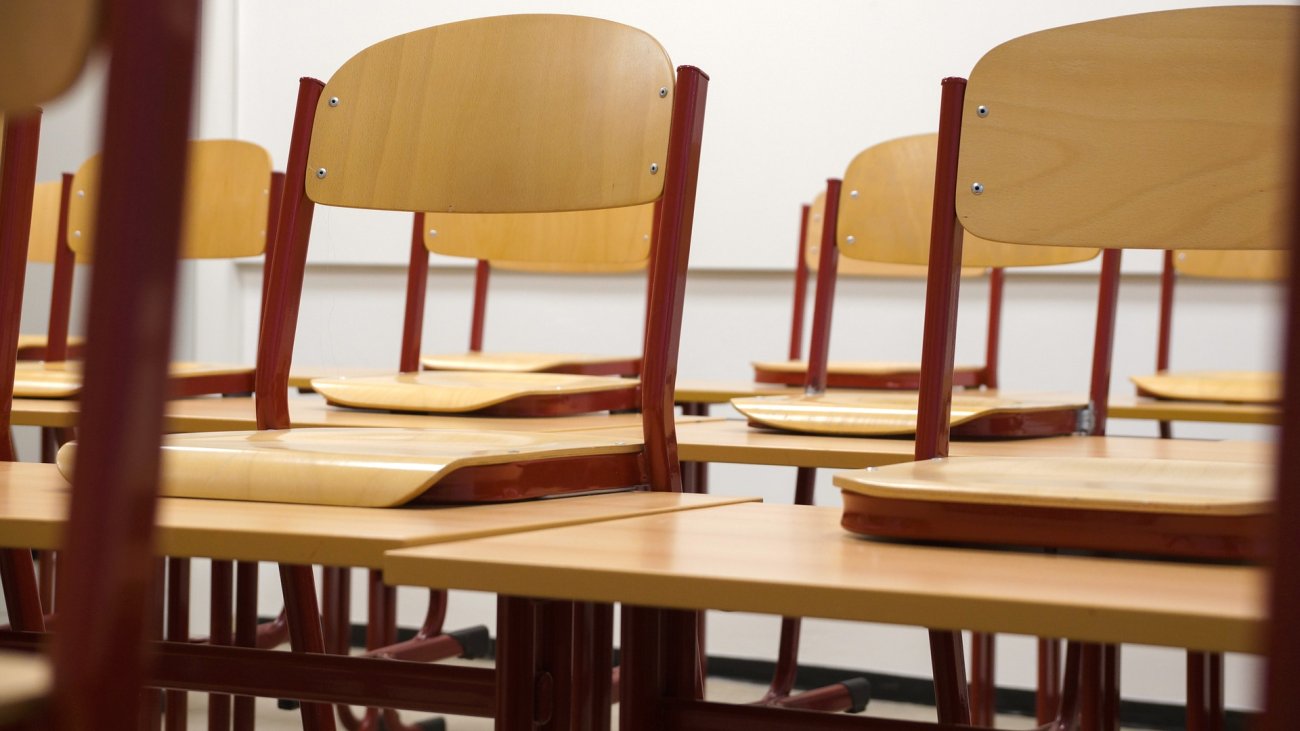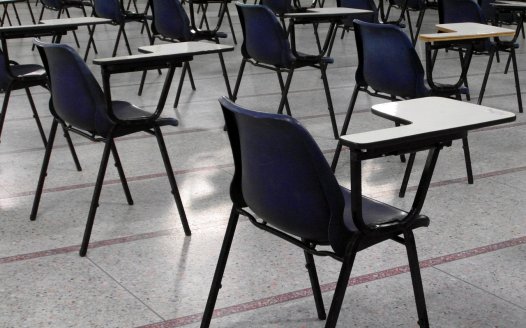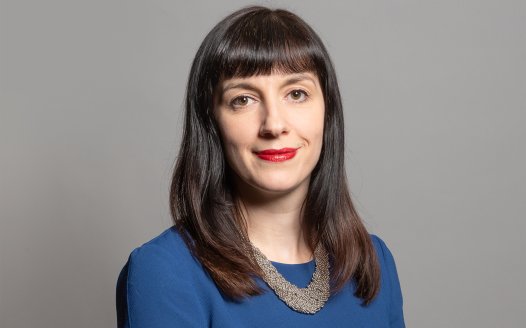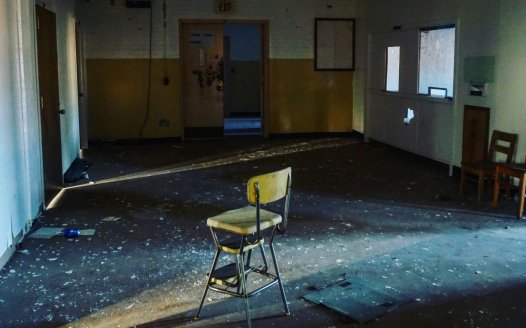Out-of-school settings code to be voluntary, government confirms
Posted: Fri, 30th Oct 2020
The National Secular Society has warned of an ongoing risk to children's rights after the government confirmed that a new safeguarding code for out-of-school educational settings will not be compulsory.
The Department for Education (DfE) published finalised guidance for out-of-school settings (OOSS) in England last week. It said the aim of the guidance was to help OOSS providers "understand best practice for creating a safe environment for children in their care".
But it said following the guidance would be voluntary and the government would "not monitor or assess whether providers are implementing the practices set out".
OOSS are organisations or individuals that provide tuition, training, instruction or activities to children in England without their parents' or carers' supervision. They don't include schools, colleges, academies or registered carers.
The code makes recommendations on health and safety; safeguarding and child protection; suitability of staff and volunteers; and governance.
Previous NSS response to consultation
The NSS called for the code to be mandatory and enforced where proportionate in its response to the government's consultation on draft guidance last year.
The society, which has played a crucial part in exposing unregistered faith schools, stressed the importance of ensuring legitimate OOSS are not used as cover for illegal schools.
It also said government guidance should make clear that OOSS should not be children's "primary education provider".
NSS response
NSS head of education Alastair Lichten said the code was "a useful tool" but the lack of enforcement would "leave children's rights at risk".
"The content of this code is mostly helpful and many legitimate out-of-school settings will benefit from it. But it's unclear how entirely voluntary guidance will protect vulnerable children in a small number of settings where they may be vulnerable to religious abuse or radicalisation.
"We encourage the government to keep the door open to making parts of the code compulsory, where necessary and proportionate to defend children's fundamental rights."
Government response
The government said it appreciated "concerns around the voluntary nature of the code" but justified its decision on the grounds that the code was intended to be "a supportive resource for providers".
The DfE had indicated its unwillingness to enforce the code in 2018, as it abandoned plans for the compulsory registration of OOSS under pressure from faith groups.
While you're here
Our news and opinion content is an important part of our campaigns work. Many articles involve a lot of research by our campaigns team. If you value this output, please consider supporting us today.








